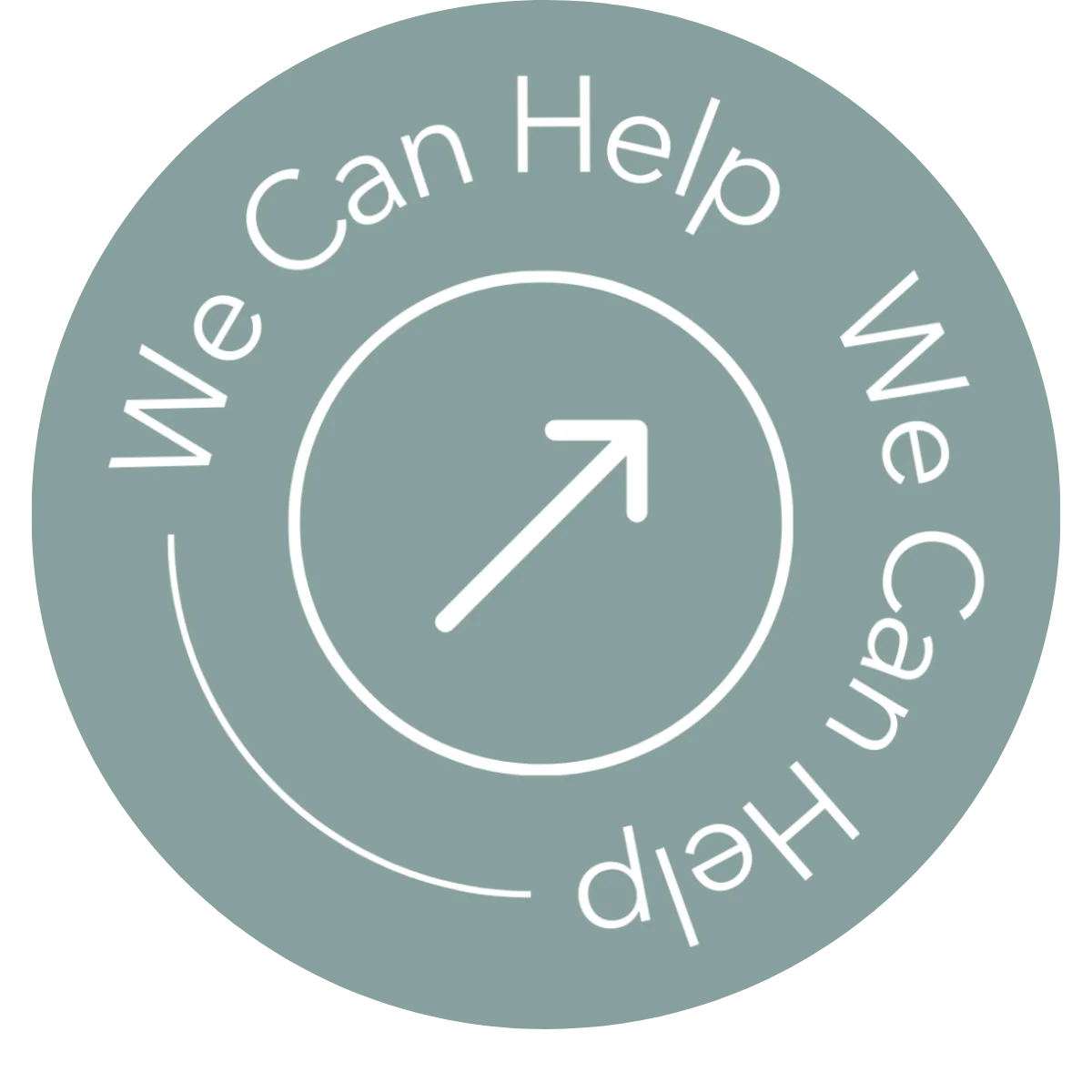Intensive Outpatient Program for Alcohol Abuse
Intensive outpatient program alcohol-focused treatment can pave the way for successful recovery. Learn more about this treatment here.
Intensive Outpatient Program Alcohol-Focused Treatment
Facing alcohol use disorder and seeking effective treatment can be overwhelming. Choosing the right intensive outpatient program (IOP) for your needs can be a crucial step toward recovery.
An intensive outpatient program for alcohol use disorder recovery provides a structured yet flexible approach to treatment. It allows individuals to address their substance use while maintaining their daily routines.
In this article, we will delve into the world of intensive outpatient program alcohol. We’ll explore what the program entails and the benefits it offers. We’ll also discuss how an IOP can be instrumental in achieving sobriety and a healthier life.

What is an Intensive Outpatient Program for Alcohol Abuse Recovery?
An intensive outpatient program is a specialized treatment option. It is designed to address the needs of individuals struggling with alcohol use disorder (AUD).
Intensive Outpatient Program Alcohol: Key Components of These Programs
An intensive outpatient program for alcohol use disorder consists of several key components. These components will be detailed below.
Assessment and Evaluation
Individual Counseling
Participants engage in one-on-one counseling sessions with trained therapists. These sessions offer a confidential space to address personal challenges and set goals. Clinicians and patients also work on individualized treatment plans.
Group Therapy
Group therapy sessions are a cornerstone of an intensive outpatient program for alcohol. Participants come together in a supportive, non-judgmental environment to:
- Share experiences
- Learn from one another
- Develop essential coping skills
Group therapy fosters a sense of community and mutual support among participants.
Psychoeducation
Educational sessions provide participants with valuable information about substance use. These sessions empower individuals to make informed decisions about their treatment.
Family Involvement
An intensive outpatient program for alcohol usually offers family therapy sessions. Involving family members can help repair relationships damaged by substance abuse. This provides a strong support system for the individual in recovery.
Relapse Prevention
An intensive outpatient program for alcohol equips participants with relapse prevention skills. These strategies help individuals recognize triggers and manage cravings. Plus, they learn how to navigate high-risk situations to reduce the risk of relapse.
Medication Management
Medications may sometimes be prescribed as part of the treatment plan. This may be necessary to assist with alcohol cravings or co-occurring disorders. Medication management and monitoring are typically provided in intensive outpatient programs.
Case Management
Case managers assist participants in coordinating various aspects of their treatment. This ensures access to vital resources both within and outside the treatment program.
Aftercare Planning
Preparing for life after an intensive outpatient program for alcohol is essential. Participants work with their treatment team to develop a personalized aftercare plan. This may involve continued outpatient treatment, support groups, or other community resources.
Holistic Approach
An intensive outpatient program for alcohol adopts a holistic approach. This considers not only the alcohol use disorder itself but also the individual’s overall well-being. It includes physical, emotional, and spiritual aspects.
Intensive Outpatient Program Alcohol: Differences Between an Intensive Outpatient Program for Alcohol and Other Levels of Care
Intensive outpatient programs for alcohol use disorder recovery offer a cost-effective option that falls between the high intensity of inpatient detoxification and the lower intensity of outpatient counseling.3
A quality IOP will provide individuals with the structured support they need to address their alcohol use. And it allows them to maintain their daily routines and connections with their communities.
An intensive outpatient program for alcohol differs from other levels of care in several key ways, including:
Level of Intensity
An IOP offers a moderate level of intensity. Participants attend multiple therapy sessions per week. These sessions typically range from 9 to 20 hours, allowing them to maintain their daily routines.
Inpatient treatment is the most intensive level of care. It involves 24/7 medical supervision and care in a residential facility. Outpatient counseling is less intensive than an IOP. Participants attend individual or group therapy sessions once or twice a week.
Residential vs. Non-Residential Care
Inpatient detoxification is residential care. Individuals stay at a treatment facility for the duration of detox and initial stabilization.
Intensive outpatient programs are non-residential care, meaning participants return home after each session. This enables them to remain connected with their families and communities.
Traditional outpatient counseling is also non-residential care. Participants commute to therapy sessions from their homes.
Duration of Treatment
The duration of an IOP varies but typically ranges from 6 to 12 weeks. It focuses on the ongoing treatment phase of recovery. Outpatient counseling can continue for an extended period. It depends on the individual’s needs and progress.
Medical Supervision
While intensive outpatient programs provide medical support, it is not as intensive as an inpatient treatment setting. Inpatient care provides 24/7 medical supervision. This is to manage withdrawal symptoms and ensure the individual’s safety during this critical phase.
Transitioning to Lower Levels of Care
An IOP is often a step down from inpatient or residential treatment. They help individuals transition back to their daily lives while maintaining a strong focus on recovery. Outpatient counseling can serve as an initial treatment option. It can also be a step down from more intensive levels of care.
Intensive Outpatient Program Alcohol: Criteria for Eligibility
Some people may not be suitable for an intensive outpatient program for alcohol. Treatment providers assess the individual’s needs and readiness for this level of care.
Eligibility is based on:
Assessment of Alcohol Use Disorder Severity
Stability and Safety
Candidates for an IOP should not be in immediate danger due to severe alcohol withdrawal symptoms. Individuals who require acute medical intervention are typically better suited for inpatient detoxification initially.
Motivation for Recovery
Individuals must demonstrate a motivation to engage actively in treatment. A commitment to change and recovery is essential.
Support System
Co-Occurring Mental Health Disorders
An intensive outpatient program for alcohol should be equipped to address co-occurring mental health issues. Individuals with dual diagnoses are suitable candidates if the IOP can provide integrated care.
Psychosocial Assessment
A psychosocial assessment examines an individual’s social and psychological factors. This includes employment, housing, family relationships, and potential sources of stress.
Intensive Outpatient Program Alcohol: Evidence-Based Therapeutic Approaches Used
An IOP for alcohol utilizes evidence-based therapies. These approaches are grounded in scientific research. And they have been successful in helping individuals achieve and sustain sobriety.
Here are some of the commonly used evidence-based therapeutic approaches:
Cognitive-Behavioral Therapy (CBT)
CBT is a widely used approach. It helps individuals identify and change negative thought patterns related to alcohol use. CBT teaches coping skills, problem-solving, and strategies to manage triggers.
Motivational Enhancement Therapy (MET)
MET is focused on enhancing an individual’s motivation to change their alcohol use behavior. It helps them explore their reasons for change. They also set goals and develop a personalized recovery plan.
Dialectical Behavior Therapy (DBT)
12-Step Facilitation Therapy
This approach is based on the principles of Alcoholics Anonymous (AA). It emphasizes acceptance of powerlessness over alcohol. It also enables spiritual growth and participation in a supportive community.
Family Therapy
Contingency Management
Contingency management programs use a reward-based system. This is to reinforce abstinence from alcohol. Clients earn rewards or incentives for meeting specific sobriety goals.
Mindfulness-Based Relapse Prevention (MBRP)
MBRP combines mindfulness practices with relapse prevention techniques. It helps individuals develop awareness of cravings. They also build skills to respond mindfully rather than reactively.
Medication-Assisted Treatment (MAT)
Medications may sometimes be used as part of a comprehensive treatment plan. This is to reduce alcohol cravings and prevent relapse. Popular examples include naltrexone and acamprosate.
Trauma-Informed Care
Trauma-informed care approaches underlying past traumas. This approach is vital for individuals with a history of trauma as these experiences can contribute to alcohol use disorder.
Intensive Outpatient Program Alcohol: The Role of Relapse Prevention and Coping Skills
Relapse prevention strategies and coping skills development are vital elements of intensive outpatient programs for alcohol use disorder. They equip individuals with tools to maintain sobriety.
Here’s how these elements contribute to the success of alcohol-focused IOP treatment:
- Identifying triggers and high-risk situations: An IOP will help individuals identify their unique triggers that may lead to relapse. This process involves self-awareness and recognizing factors that can trigger cravings. They may include environmental, emotional, or social factors.
- Developing a relapse prevention plan: Participants work with therapists to create a personalized relapse prevention plan. This plan outlines strategies for responding to cravings, developing a support network, and seeking help when needed.
- Building resilience: An IOP will focus on enhancing an individual’s resilience. It does this by fostering emotional regulation, impulse control, and self-compassion. These qualities help individuals bounce back from setbacks. Thus, they can stay committed to their recovery goals.
- Skill practice: Coping skills and relapse prevention strategies are not merely theoretical. They are practiced and reinforced during therapy sessions. Participants gain hands-on experience in applying them to real-life situations.
- Self-efficacy and empowerment: Successfully developing coping skills and relapse prevention strategies is vital. It increases the individual’s sense of self-efficacy and empowerment.
- Ongoing support: An IOP will often provide ongoing support after the program ends. This is done through alumni groups, aftercare services, and connections to community resources.
Intensive Outpatient Program Alcohol: Assessing Progress
An IOP for alcohol use employs a systematic approach. This is vital for assessing progress and treatment outcomes. Several factors influence decisions regarding program completion or continuation.
They include:
- Regular assessments: An IOP will conduct regular assessments throughout the treatment duration. These assessments help treatment providers track an individual’s progress.
- Goal achievement: Treatment goals serve as benchmarks for progress. Achieving these goals is a significant indicator of success. Goals may include maintaining sobriety, improving coping skills, and enhancing overall well-being.
- Sobriety and abstinence: Maintaining sobriety is usually a primary objective. Consistently abstaining from alcohol during the program demonstrates progress. Regular drug and alcohol testing may be conducted to monitor sobriety.
- Attendance and participation: Active participation in therapy sessions and treatment assignments is crucial. It is indicative of an individual’s commitment to recovery. Plus, consistent attendance is essential for achieving positive outcomes.
- Feedback and communication: Open communication between the individual and treatment providers is vital. Individuals are encouraged to share their experiences, challenges, and successes. This can inform adjustments to the treatment plan in an intensive outpatient program for alcohol.
- Gradual step-down: The decision regarding program completion often involves a gradual step-down process. Individuals may transition to lower levels of care while continuing to receive support.

How Ethos Wellness Can Support Those Seeking Intensive Outpatient Program Alcohol
At Ethos Wellness, we know that the recovery journey is often challenging. That’s why we strive to offer individuals a clear path toward healing.
Our staff of highly trained and experienced clinicians ensures that our patients receive evidence-based and personalized care. Our team works with you to make a plan that fits your needs, goals, and lifestyle.
What We Offer
We recognize that every individual’s journey to recovery is unique. Thus, we create highly customized treatment plans. These plans ensure that the treatment is personalized for maximum effectiveness. We utilize a range of evidence-based treatment modalities to provide effective care.
Just a few of these modalities include:
- Cognitive-behavioral therapy
- Dialectical behavior therapy
- Motivational enhancement therapy, and more.
This offers our patients a diverse toolkit for recovery.
Contact us
Are you or your loved one in need of an intensive outpatient program for alcohol misuse? At Ethos Wellness, we offer support to guide you toward recovery. With our client-centered strategies, you can begin your journey to lasting healing.
Contact us today to learn more.
Resources
- https://onlinelibrary.wiley.com/doi/abs/10.1046/j.1360-0443.1996.911217733.x
- https://europepmc.org/article/med/2333395
- https://www.sciencedirect.com/science/article/abs/pii/S1054139X18304300
- https://jamanetwork.com/journals/jamapsychiatry/article-abstract/493071
- https://link.springer.com/article/10.1007/s11606-018-4608-2
- https://onlinelibrary.wiley.com/doi/abs/10.1002/jclp.20863
- https://onlinelibrary.wiley.com/doi/abs/10.1111/j.1752-0606.1995.tb00176.x


